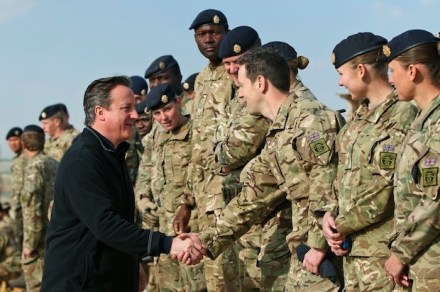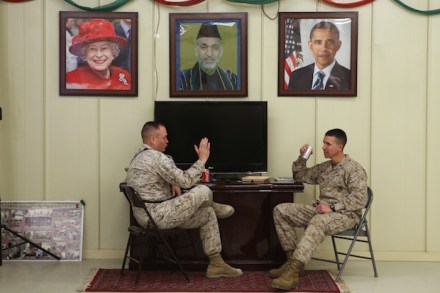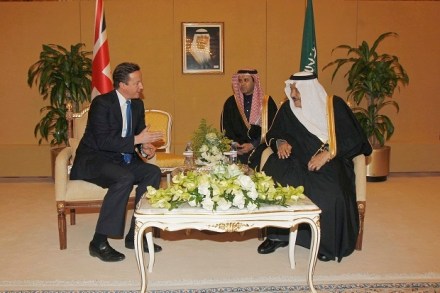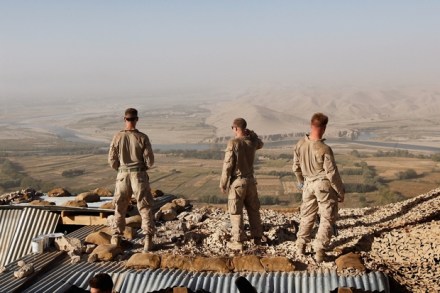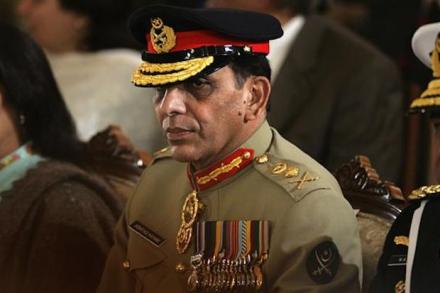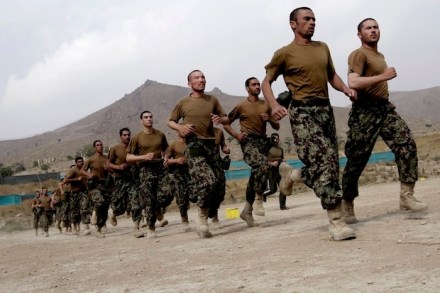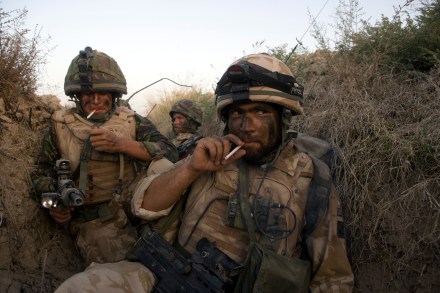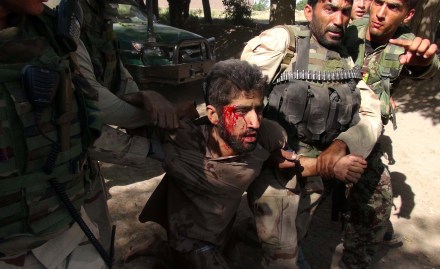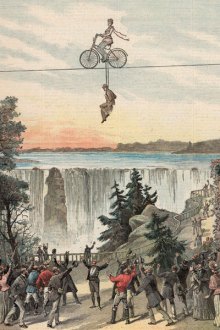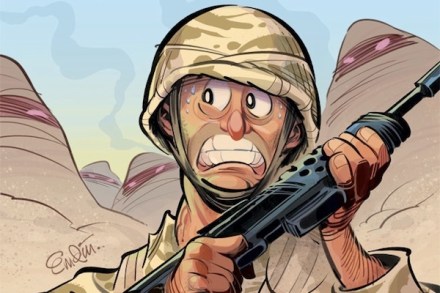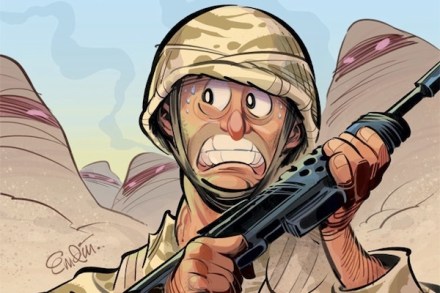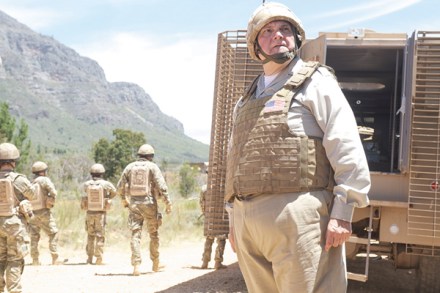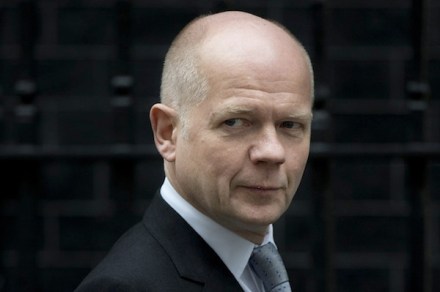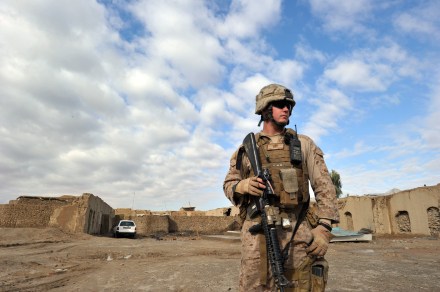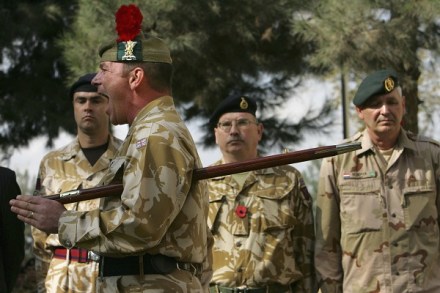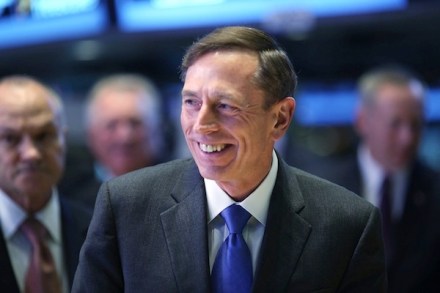‘Mission accomplished’ in Afghanistan?
If a Prime Minister uses a phrase as historically loaded as ‘mission accomplished’ to describe the situation in a country, it suggests that he’s pretty confident that things are – and will continue to be for a good chunk of time – all hunky dory there. Today David Cameron touched down in Camp Bastion and declared ‘mission accomplished’ in the country, ahead of the planned withdrawal of troops next year. Asked whether the troops were returning with ‘mission accomplished’, Cameron said: ‘Yes I think they do. I think they can come home with their heads held high. You know, we will not leave behind a perfect country or a perfect
